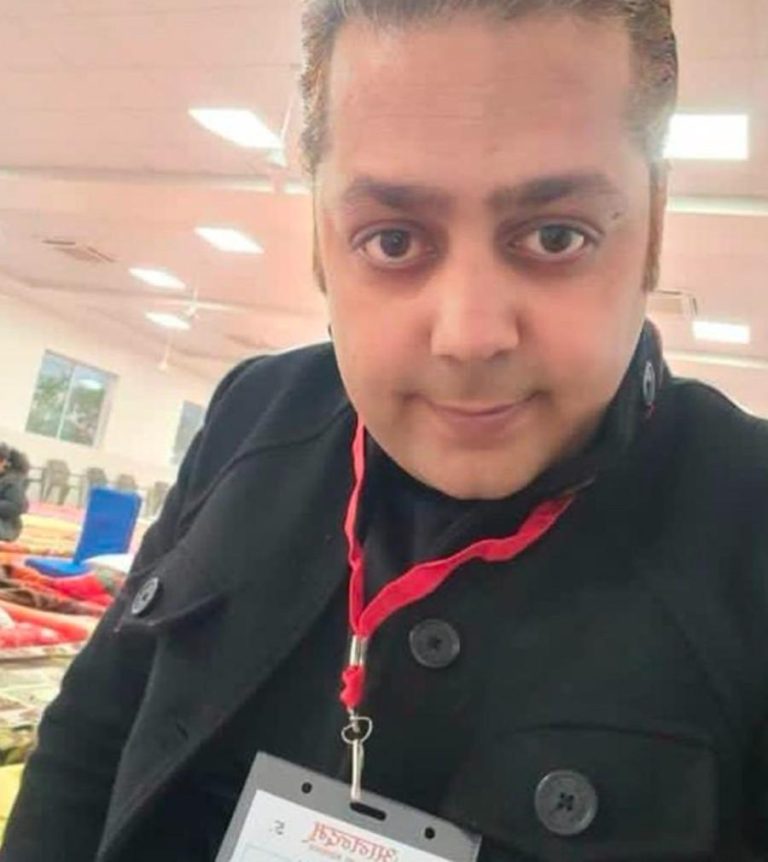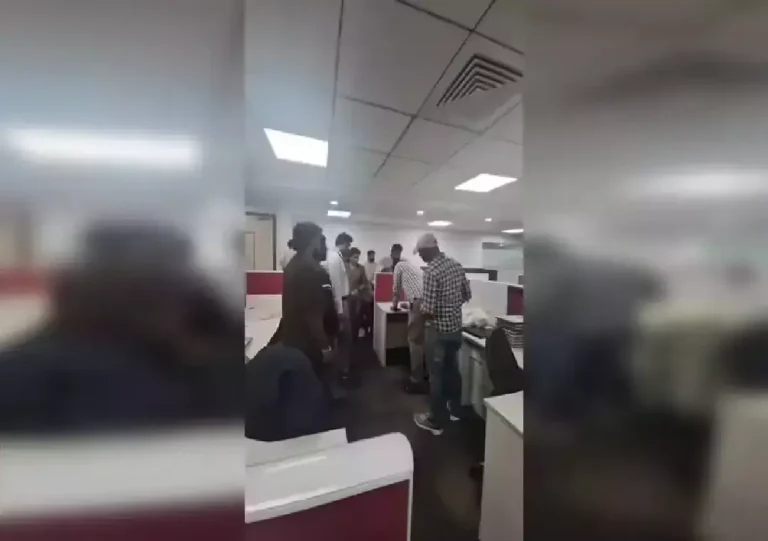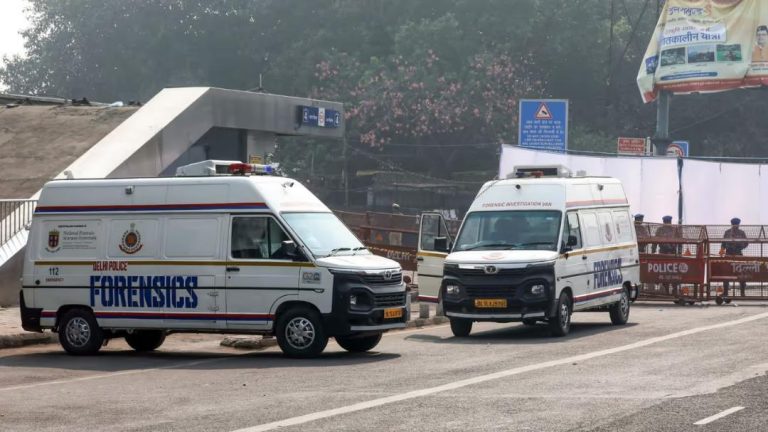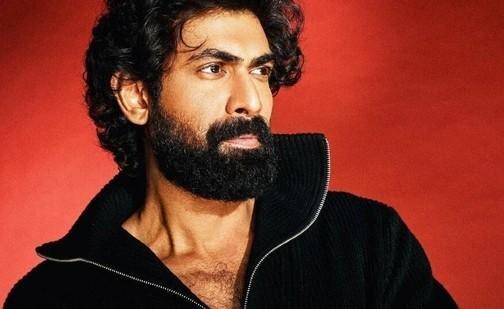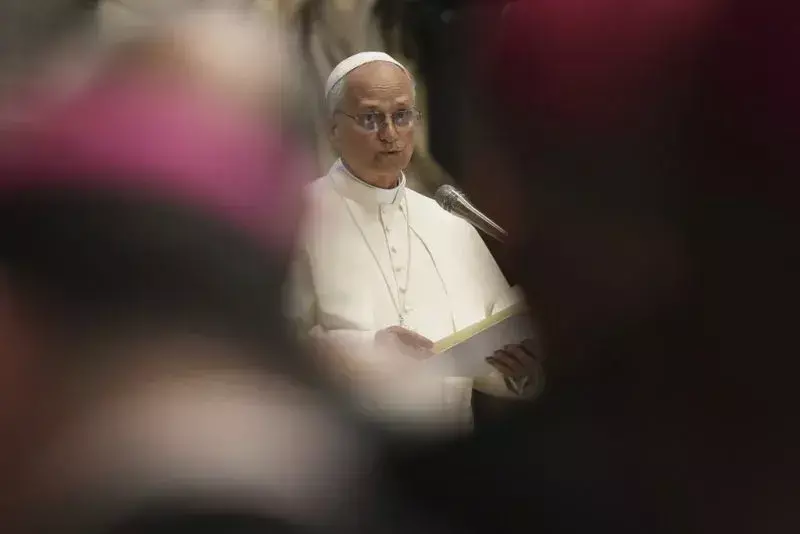
Pope Leo XIV Faces Judgments Over Handling of Clergy Abuse
As Pope Leo XIV begins his tenure as the spiritual leader of the world’s 1.4 billion Catholics, his past actions as Bishop Robert Prevost in Peru have come under renewed scrutiny — revealing a complex legacy of both heroic intervention and troubling oversight gaps in cases of clergy sexual abuse.
In the days since his elevation to the papacy, Pope Leo XIV has faced a deluge of criticism and scrutiny over his handling of allegations of clergy sexual abuse during his tenure as Bishop of Peru. The controversy has sparked heated debate among Catholics and non-Catholics alike, with many calling for greater transparency and accountability from the Church.
At the heart of the controversy is the question of how Pope Leo XIV, then Bishop Prevost, responded to allegations of sexual abuse against Peruvian priest, Father Carlos Urrutia. In 2009, a group of victims came forward, accusing Urrutia of sexually abusing them during his time as a chaplain at a prestigious Catholic school in Lima.
According to reports, Bishop Prevost initially took steps to address the allegations, removing Urrutia from his position and prohibiting him from celebrating Mass. However, critics have argued that Prevost failed to adequately inform the local Catholic community about the allegations and did not take swift enough action to protect the victims.
One victim, who wished to remain anonymous, told NewsKarnataka that Bishop Prevost had promised to help him and other victims, but ultimately did little to address their concerns. “We felt abandoned and betrayed by the Church,” the victim said.
The controversy surrounding Pope Leo XIV’s handling of the Urrutia case has sparked a broader conversation about the Church’s handling of clergy sexual abuse. In recent years, the Catholic Church has faced a wave of allegations of sexual abuse and cover-ups, leading to widespread outrage and calls for reform.
In response to the criticism, the Vatican has issued a statement defending Pope Leo XIV’s actions, saying that he took “swift and decisive” action to address the allegations against Urrutia. However, many have questioned the adequacy of the response, pointing out that Urrutia was only removed from his position after a sustained campaign by victims and their families.
The controversy surrounding Pope Leo XIV’s handling of the Urrutia case is not the first time that the Catholic Church has faced criticism over its handling of clergy sexual abuse. In recent years, the Church has faced numerous allegations of sexual abuse and cover-ups, leading to widespread outrage and calls for reform.
In 2018, the Catholic Church in the United States released a report on the scope of sexual abuse within the Church, which found that over 4,000 priests had been accused of sexual abuse since the 1940s. The report sparked widespread outrage and calls for reform, with many calling for greater transparency and accountability from the Church.
In response to the report, Pope Leo XIV’s predecessor, Pope Francis, issued a letter to the Catholic faithful, apologizing for the Church’s handling of the abuse crisis and promising to take steps to prevent future abuses.
As Pope Leo XIV begins his tenure as the spiritual leader of the world’s 1.4 billion Catholics, he will face significant challenges in addressing the Church’s handling of clergy sexual abuse. The controversy surrounding his handling of the Urrutia case has raised important questions about the Church’s commitment to transparency and accountability, and the need for greater action to protect the victims of sexual abuse.
In the days and weeks ahead, it will be important for Pope Leo XIV to take concrete steps to address the concerns of victims and their families, and to work towards a more just and compassionate Church. This will require a commitment to transparency and accountability, as well as a willingness to listen to the voices of those who have been harmed by the Church’s actions.
As the Catholic Church continues to grapple with the legacy of clergy sexual abuse, it is clear that the road ahead will be long and difficult. However, it is also clear that the Church has the power to change, and that the victims of sexual abuse deserve a more just and compassionate response from their spiritual leaders.
Source:
